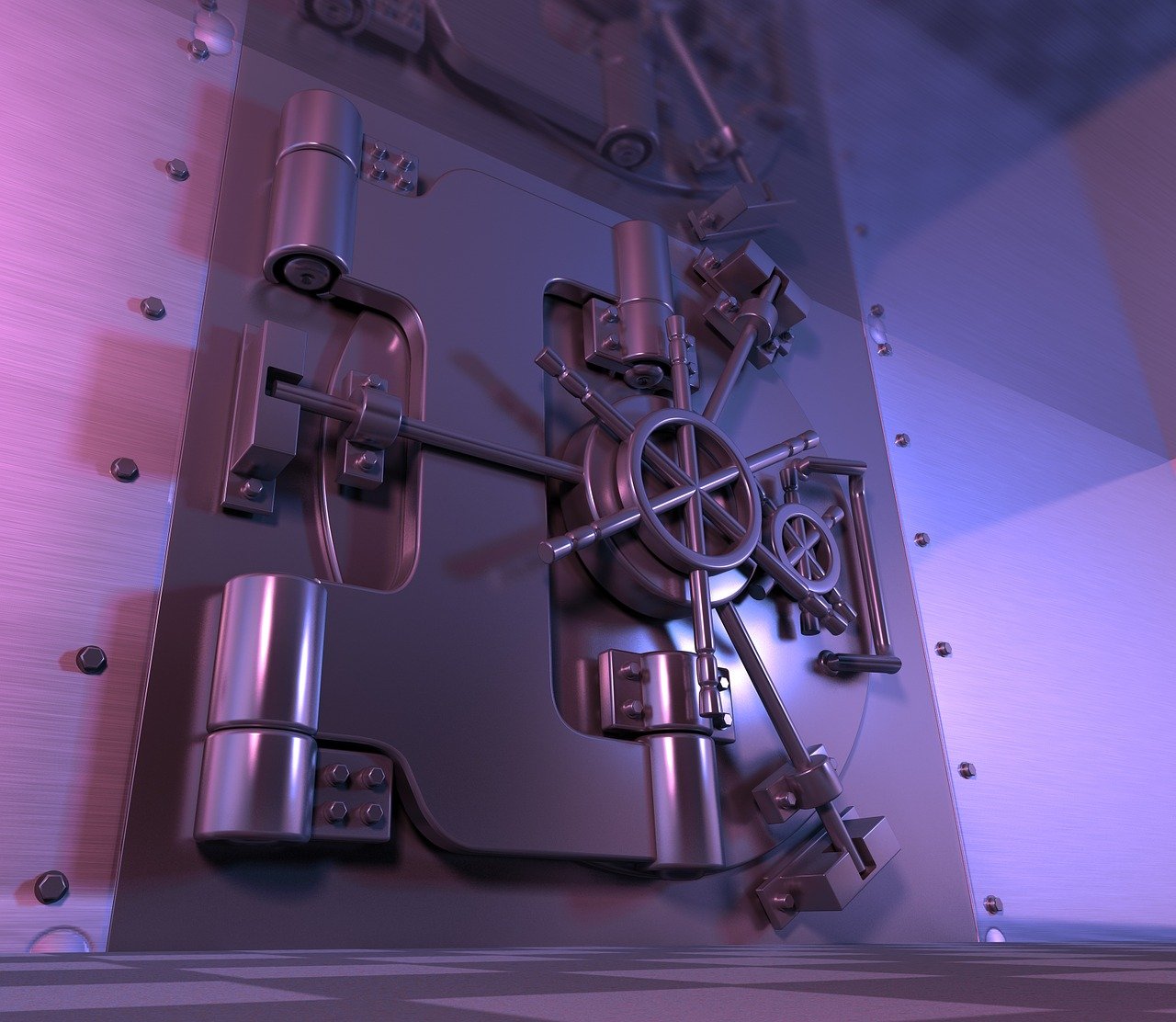One night, after driving past a national bank with my father, I explained how we don’t actually own the money we deposit. He was surprised to hear that our money is technically owned by the bank and we only have a claim to it.
This realization sparked my interest in understanding self-custody and its importance, especially in the world of Bitcoin. With a battle cry of “Not Your Keys, Not Your Coins”, the concept of self-custody emphasizes the importance of owning and controlling your own Bitcoin rather than relying on third-party custodians.
What is Self-Custody?
Self-custody refers to the act of individuals having complete control over their assets without relying on third-party custodians like banks or exchanges. In simpler terms, it means being your own bank.
With traditional banking systems, we are used to entrusting our money to financial institutions for safekeeping, but with self-custody, individuals take full responsibility for safeguarding their assets. This can be done through different methods such as storing private keys, seed phrases, or using hardware wallets.
For you BTC newbies, a private key is a secret code that allows you to access and control your Bitcoin. Seed phrases are back up phrases that can restore your private key in case it is lost or damaged. Hardware wallets are physical devices used to securely store private keys. Don’t ever share your private keys, it’s the key to your Bitcoin kingdom and raiders can steal them!
Finally a node is simply a computer running Bitcoin software that helps validate transactions and secure the network. It also allows users to interact with the Bitcoin blockchain directly, giving them full control over their assets. Without these components, self-custody would not be possible. But why is it important?

The Importance of Self-Custody in Bitcoin
One of the main reasons why self-custody is crucial in the world of Bitcoin is because it aligns with the core principles of decentralization and security. As a decentralized digital currency, Bitcoin operates on a peer-to-peer network without any central authority controlling it. By self-custodying your own Bitcoin, you are upholding the decentralized nature of the currency and ensuring that no one else has control over your funds.
Additionally, self-custody also enhances the security of your Bitcoin. By relying on third-party custodians, individuals run the risk of losing their assets due to hacks or fraudulent activities. However, with self-custody, you have complete control over your private keys and can ensure that your funds are secure.
Moreover, self-custody also promotes financial sovereignty. With traditional banking systems, individuals are subject to strict regulations and restrictions on how they can use their own money. In contrast, self-custody allows for complete ownership and control over your assets without any interference from external parties.
Does Owning Bitcoin Automatically Mean Self-Custody?
While owning Bitcoin does provide individuals with some level of self-custody, true self-custody goes beyond just holding the currency. It requires individuals to take full responsibility for securing their assets and not relying on any third-party custodians.
Having Bitcoin in an exchange account is not self-custody since the exchange holds your private keys and ultimately has control over your funds. There are also third-party custodial services that offer to hold and secure your Bitcoin for a fee, but this goes against the decentralized and sovereign nature of the currency.
This means that in addition to owning and storing your Bitcoin, you should also have a thorough understanding of the various security measures available to protect your funds. This can include using multi-signature wallets, cold storage solutions, and regularly updating software and hardware.
Becoming Self-Sovereign Empowers Us
Just as the printing press revolutionized information sharing and the internet decentralized access to information, self-custody has the potential to do the same for money. By removing the need for banks and governments to act as intermediaries in financial transactions, individuals gain more control over their own wealth.
This shift towards self-sovereignty also has broader societal implications. With the ability to securely store and transfer value without relying on traditional institutions, individuals may have more freedom and autonomy in how they manage their finances. It also allows for greater inclusivity and access to financial services for those who may not have had it before.
Furthermore, self-custody can protect against government censorship or seizure of assets, giving individuals a sense of security and protection from potential political instability or economic crises. Tyrannical governments have been known to block an individuals’ access to their own funds just because they protested against the government’s policies. With self-custody, individuals can have peace of mind knowing that their funds are safe and accessible at all times, allowing them to express themselves without fear of financial repercussions.
History of Bank Runs and BTC Mismanagement
In the past, traditional financial institutions have been known to mismanage funds and engage in fraudulent activities, leading to bank runs and individuals losing their life savings. This has caused widespread panic and economic instability.
With the rise of Bitcoin (BTC), individuals now have an alternative option for storing and transferring value that is not controlled by central authorities. This decentralized system removes the risk of bank runs or government interference in financial transactions.
The bank run of 2008, also known as the global financial crisis, is a prime example of how traditional banking systems can fail. Financial institutions were highly leveraged and engaged in risky practices, resulting in the collapse of major banks and widespread economic turmoil. The people trusted the bank’s promise of security and stability, only to lose their savings when the banks could not fulfill their obligations.
In contrast, BTC operates on a decentralized blockchain network, where transactions are recorded and verified by a network of users. This eliminates the need for intermediaries like banks, reducing the risk of mismanagement and fraudulent activities. Simply put, one centralized entity cannot manipulate the entire system, making it more secure and stable. The network of nodes also ensures that transactions are tamper-proof, providing a level of trust and transparency for users.
Final Thoughts on Bitcoin Self-Custody
Once you grasp the power of decentralization and its impact on financial systems, it becomes clear that BTC’s popularity stems from the failures of traditional banking institutions. We all use money. Even the monks that meditate on the mountains must come down eventually to buy supplies. The security and stability of our financial systems have a direct impact on everyone’s lives.
With BTC, individuals can have greater control over their own finances, away from the influence of banks and governments. Power becomes decentralized. Anyone can now begin to build their wealth without the restrictions, risks and barriers that traditional financial institutions often impose.


2 thoughts on “Great Reasons: Why Bitcoin Self-Custody Is Crucial”
Comments are closed.